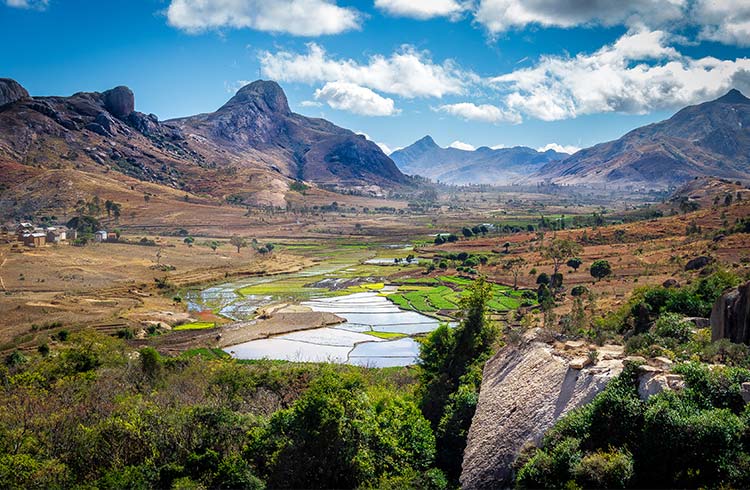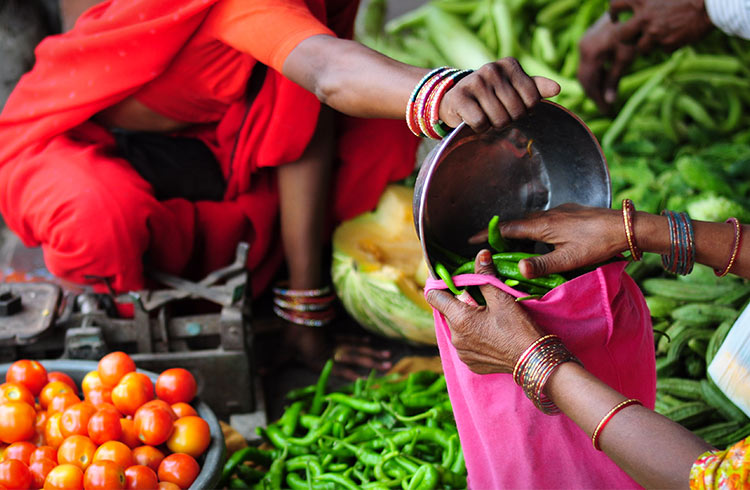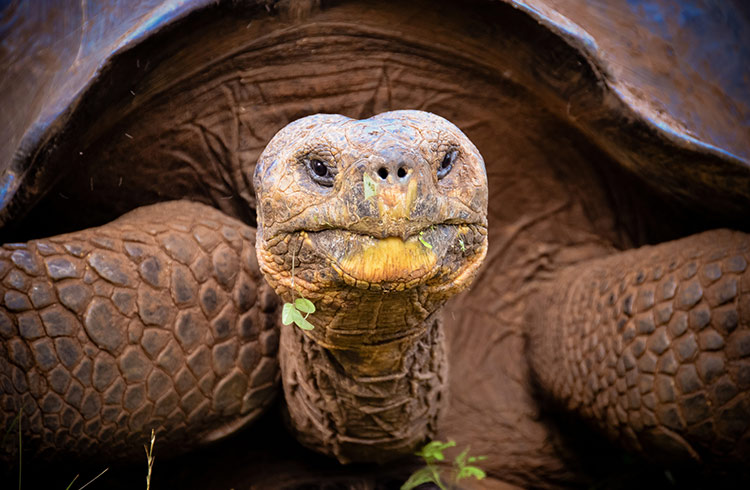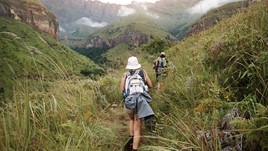Is Madagascar Safe for Travelers? Know Before You Go
Everything you need to know about crime before you go to Madagascar, from political tension and no-go zones to bush taxis and petty crime.
 Photo © Getty Images/Andres Ramos Palacios / EyeEm
Photo © Getty Images/Andres Ramos Palacios / EyeEm
Madagascar offers travelers adventure, wildlife, and pristine landscapes. As the fourth-largest island in the world, Madagascar's unique biodiversity—shaped by millions of years of isolation from the African and Indian landmasses—makes it a nature lover’s paradise.
But, just how safe is Madagascar? Traveling here comes with challenges. Here’s what you need to know to stay safe while exploring this exotic destination.
- Political instability in Madagascar
- Emergency numbers to call in Madagascar
- Crime and aggressive beggars
- Safe transport
- Highway bandits and smash-and-grab robberies
- Thieving lemurs
- General safety tips for Madagascar
Political instability in Madagascar
Madagascar has a history of political instability, marked by coups and unrest. While the situation has stabilized somewhat under President Andry Rajoelina, it’s still essential to stay updated on the local news.
Avoid protests or political gatherings, especially in areas like Ambohijatovo, Lac Anosy, Antaninarenina, and Analakely in Antananarivo, as these hotspots have seen violent outbreaks in the past.
Before traveling to Madagascar, ensure your travel insurance covers the potential risks. Some policies may not cover travel to areas with active government advisories or health warnings. Check these details to avoid surprises.
Emergency numbers to call in Madagascar
- Police: dial 117 within cities
- Medical emergencies, fire and rescue: dial 117
- National gendarmerie: dial 199 outside of major cities
Crime in Madagascar
Though Madagascar’s overall crime rate is lower than many other African nations, there has been a rise in incidents such as muggings, robberies, and carjackings, particularly in urban areas and tourist hotspots like nature reserves and beaches. Pickpockets are a frequent problem in busy areas like street markets and transport hubs.
If you are stopped by the police, always remain calm and ask for identification if you’re unsure of their legitimacy. There have also been reports of kidnappings targeting wealthy individuals or foreign nationals working for large corporations. Travelers should remain vigilant and avoid risky areas, especially after dark.
Petty crime like pickpocketing is common in crowded areas, and tourists are often targeted. Take extra precautions when visiting markets or walking through busy urban areas.
Additionally, in areas like Avenue de L’Indépendance in Antananarivo, beggars and street vendors can be aggressive. Politely but firmly decline offers, but be prepared for persistence.
Places to avoid in Madagascar
Certain areas of Madagascar, including parts of Antananarivo and the southern districts of Toliara and Fianarantsoa, have experienced an increase in violent crime. Always stay alert, especially in crowded places like markets, and try to avoid walking alone at night.
Safe transport in Madagascar
- Bush taxis (Taxi-Brousse): These are a popular mode of transport but be cautious. Only use reputable companies as accidents and thefts have been reported.
- Driving: If renting a vehicle, be aware that carjackings, particularly at night, are on the rise. Stick to daytime driving where possible, and always keep your doors locked and windows rolled up. Madagascar’s road conditions range from decent to extremely poor, especially during the rainy season (December to April), when many secondary roads become impassable.
- Ferries: River ferries are available but often irregular. Avoid venturing more than 12 nautical miles offshore due to piracy risks in the Indian Ocean. Always check with local authorities about the safety of your route.
Highway bandits and smash-and-grab robberies
Armed bandits are known to target vehicles on major routes, particularly after dark. Always lock your doors and keep windows up when traveling by car. If you encounter an apparent breakdown, proceed with caution as these are sometimes traps. Report any suspicious activity to the police immediately.
Smash-and-grab incidents are becoming more common, especially in traffic jams. Thieves will break windows to snatch valuables. Keep your belongings hidden and avoid stopping in isolated areas.
Thieving lemurs
Madagascar is famous for its lemurs, with over 70 species calling the island home. If you visit places like Berenty Reserve, keep an eye on your belongings. The ring-tailed lemurs here are known for their clever antics, often sneaking into rooms to steal food and small items when visitors let their guard down. Keep your windows closed to avoid trouble from these playful thieves!
General safety tips for Madagascar
- Stay informed about local political events and avoid any demonstrations.
- Be cautious when using public transport and driving, particularly at night.
- Always lock your vehicle and keep valuables out of sight.
- Stay aware of your surroundings in crowded areas and markets to prevent pickpocketing.
- Avoid walking alone at night, particularly in urban or beach areas.
Madagascar is an unforgettable destination, offering some of the world’s most stunning wildlife and landscapes. By staying alert and following these safety guidelines, you'll no doubt enjoy a safe adventure.
Have you been to Madagascar? Share your tips with other travelers in the comments section.
Related articles
Simple and flexible travel insurance
You can buy at home or while traveling, and claim online from anywhere in the world. With 150+ adventure activities covered and 24/7 emergency assistance.
Get a quote


No Comments